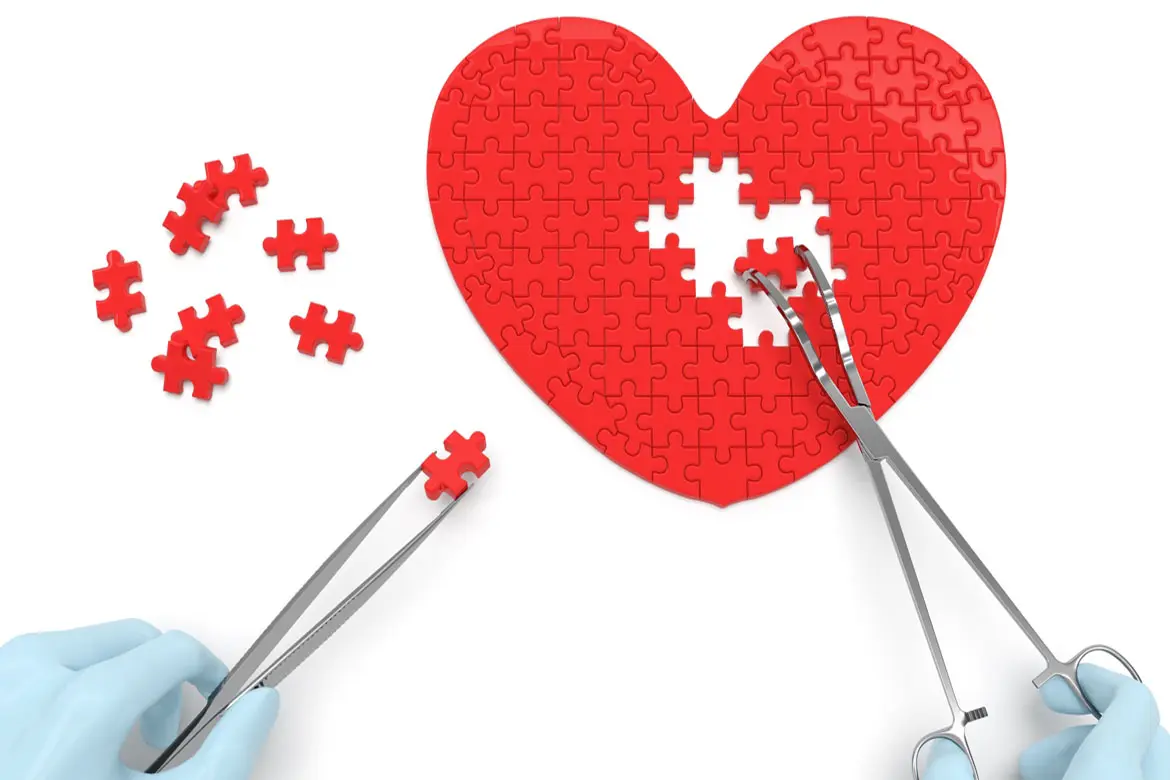

Source: Shutterstock
How Can I Stop a Heart Attack?
Last updated: Monday, August 8, 2016 | 4 min reading time
Heart attacks are the 2nd most common cause of death after cancer in Singapore – but help is available for if you are diagnosed and treated early.
Heart attacks occur when the arteries supplying blood to the heart become hardened and narrow, blocking the flow. There are usually warning signs of a heart attack, but it can come on suddenly. Blocked heart arteries often result in chest pain and discomfort known as angina pectoris. Symptoms of heart attacks include tightness in the chest, which may also be felt in the jaw, left shoulder or arm. During a heart attack, you may perspire and feel breathless, and your hands and feet could feel clammy.
What can I do if I have a heart attack?
It's important to know the early warning signs. Symptoms can vary from person to person and can come on slowly, rather than as a sudden intense pain. There are several symptoms that are common signs of an impending heart attack. If your symptoms are severe you need to head to the hospital straight away. Dial 995 for an ambulance or ask someone to drive you to the emergency department. If you have a history of heart problems, let your cardiologist know you are heading to the hospital.
How do I know if I’m at risk?
The following are all causes of coronary heart disease – and the more factors you have, the bigger your risk of showing the symptoms of heart attack:
- Smoking
- High cholesterol
- High blood pressure
- Obesity
- A family history of heart failure before the age of 50
- Diabetes (Diabetics are also less likely than other people to have warning symptoms of a heart attack)
- Gender: men are more prone to heart attacks than women
- Age: everybody's risk of heart problems increases with age
What can I do to prevent a heart attack?
There are now minimally invasive treatments for heart problems – such as stenting, a treatment to prise open the arteries – that can be conducted with early diagnosis. But even with more advanced coronary heart disease, heart bypass surgery can now be carried out with far less trauma than in the past. A coronary angiogram carried out at a hospital will detect any blockages in the arteries.
At Mount Elizabeth Hospitals, minimally invasive cardiac surgery (MICS), which is believed to be as effective as a conventional heart bypass, is available for suitable patients. Whereas conventional surgery is extensive, requiring the patient to be placed on a heart-lung machine, MICS can be performed via much smaller incisions. Keyhole, or endoscopic bypass, surgery involving incisions shorter than 5cm is being developed.
MICS also means that patients experience less pain, and are able to cough and breathe deeply afterwards. Furthermore, there is less bleeding and a lower infection rate. These reduced complications mean that patients are often discharged from hospital after 2 or 3 days instead of the 5 – 10 days usually needed following a conventional heart bypass.
The new procedures are appropriate for more patients, to help prevent a heart attack, whereas traditional bypass surgery would not be suitable for patients whose hearts were too weak or their conditions too advanced.
For the best outcome, eat healthily, exercise and have a check-up early if you suffer from any of the risk factors or are simply no longer young and want to prevent a heart attack. That's the way to give your heart its best chance of continuing to beat strongly and healthily well into old age.
Find out some of the medical procedures available should you need to undergo heart treatment. With the correct insurance coverage, your bill size can be better gauged and managed.
For your peace of mind, talk to a heart specialist today or read about how to make healthcare insurance claims to cover your hospital bills.
Principal Causes of Death. (n.d.) Retrieved from https://www.healthhub.sg/a-z/health-statistics/4/principal-causes-of-death
 Brain & Spine Care
Brain & Spine Care







